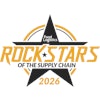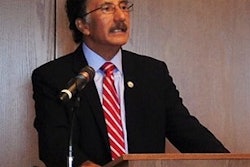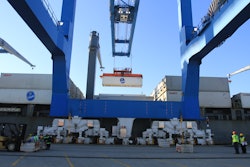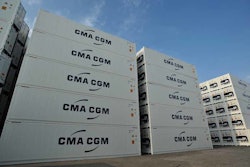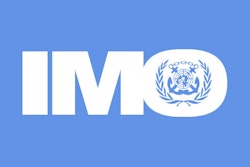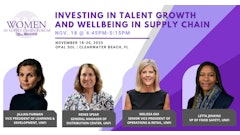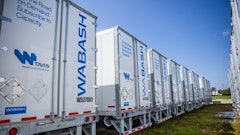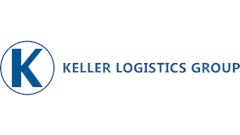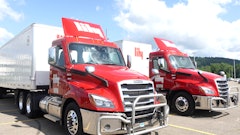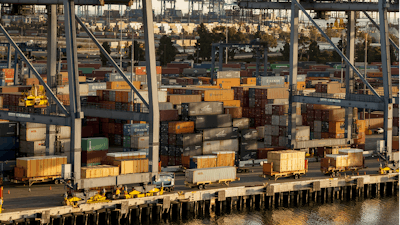
U.S. exporters are asking Congress for help in a dispute with ocean carriers over a new regulation on weighing containers that shippers say will raise their costs, according to The Wall Street Journal.
Ocean carriers have said they will reject any containers for which shippers have not submitted a “verified gross mass” come July 1. A number of U.S. ports have said they will not allow trucks to enter their gates if shippers haven’t complied.
In testimony Wednesday at a Senate subcommittee hearing on the maritime industry, Perry Bourne, director of international transportation at Tyson Foods Inc., said carriers’ interpretations of the weight requirement are too narrow and will disrupt U.S. exports, adding that the carriers have been unwilling to negotiate.
U.S. shippers say they weren’t adequately consulted about the rule, which was adopted in 2014 as an amendment to the Safety of Life at Sea Convention, or SOLAS, by the United Nations’ International Maritime Organization. They say suggested methods of weighing laid out in the amendment are overly complicated and costly and have proposed that carriers, which own the containers, help with compliance by providing the weight of empty containers themselves.
“I would ask that this committee consider going back to the U.S. Coast Guard and asking them, as a member of the IMO, for further clarification … that there are many ways to achieve the reporting of the verified gross mass,” said Bourne, who was also speaking on behalf of the Agriculture Transportation Coalition, which represents U.S. agriculture exporters. “It’s in the best interest of the country to get something done without delay.”
Tyson, one of the world’s largest food companies, which shipped more than 40,600 refrigerated containers in 2015, has previously said that carriers’ proposed treatment of the new IMO measure could add millions of dollars to annual transportation expense.
Jeff Lawrence, executive director of the Ocean Carrier Equipment Management Association, an industry group representing carriers, said shippers should work individually with carriers to deal with exceptions, but any “ad hoc approaches” to weight reporting may cause port congestion and delays.
To read more, click here.

